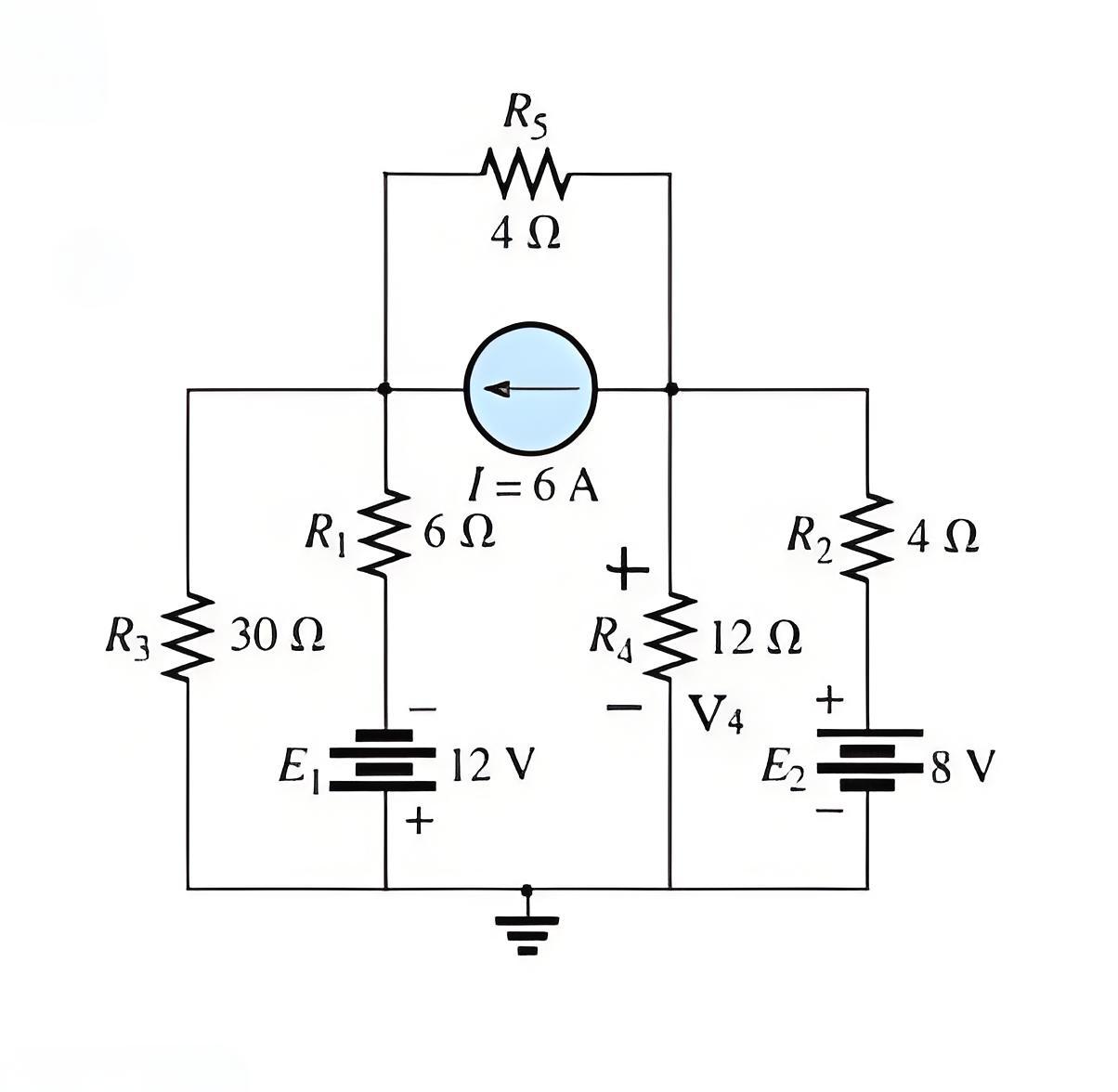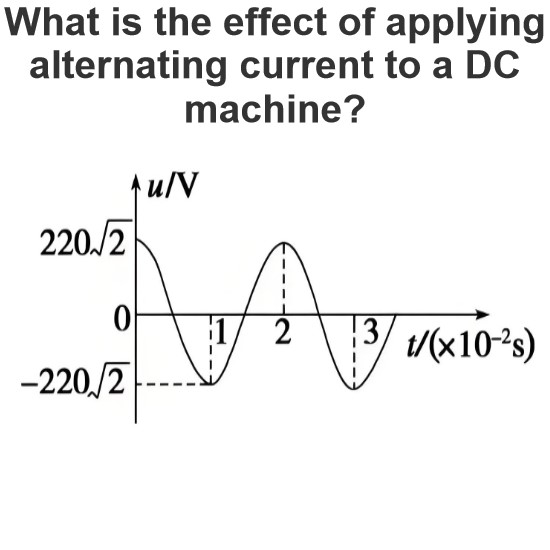What is Superposition Theorem?
What is Superposition Theorem?
Superposition Theorem Definition
The superposition theorem is defined as a method to find the total current in a branch by summing the currents from each source acting alone.

Voltage Sources
Replace voltage sources with short circuits or their internal resistance when removing them from the circuit.
Current Sources
Replace current sources with open circuits or their internal resistance when removing them from the circuit.
Linear Circuit Requirement
The theorem applies only to linear circuits where Ohm’s law is valid.
Application Steps
The steps include replacing all but one source by their internal resistances, calculating currents, repeating for each source, and summing the currents for the total effect.
The Electricity Encyclopedia is dedicated to accelerating the dissemination and application of electricity knowledge and adding impetus to the development and innovation of the electricity industry.













